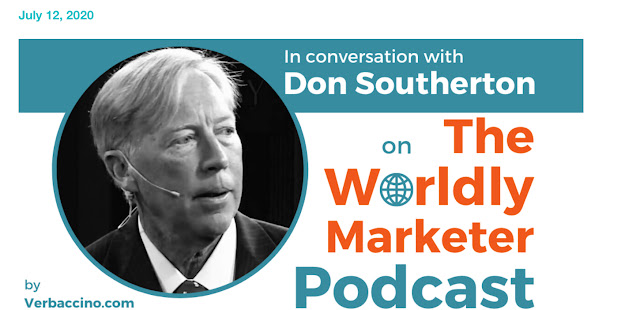Surprising Many. Grinergy–Next Innovative Advancements in Lithium-ion Batteries Are On The Way From South Korea.

More and more vehicle owners around the world are learning to love Battery Electric Vehicles (BEV) and these clean-energy cars and SUVs are moving toward worldwide acceptance, However, there are troubling clouds as automakers move to a clean, sustainable future. The problem? One of the most serious technical challenges BEVs face is the need for improvements in battery technology.
While battery engineering has vastly improved, global vehicle manufacturers and the battery makers they depend on still face some key issues that must be overcome. Even as the sales of BEVs continue to increase every month, there are troubling issues around batteries that experts feel must be improved to allow for true mass acceptance of electric vehicles.
The challenges of lithium-ion batteries used in electric vehicles include:
· The need to increase the energy density of the batteries
· Allowing recharging rates that are significantly faster than those possible today
· Improving the cold-weather performance of batteries (Some studies have shown up to a 40 percent reduction in range in severe cold weather)
· Increasing safety by reducing the danger of fire
Grinergy, Energy Company of the Future from Korea
Surprising some, the answers to these questions seem to be emerging from South Korea as the battery technology company Grinergy, which is at the forefront of developing next-generation lithium-ion batteries and has begun to reveal startling new technology.
Working in Korea since 2017 the Grinergy engineers and technicians have already filed for 10 patents in Korea and 9 international Patent Cooperation Treaty (PCT) patents with more under development.
Grinergy technology overcomes the current failings of traditional Lithium-ion batteries.
Developments in the United States
All the new Grinergy technology arrives at just the right time in the United States market. At the end of March 2021, the administration of United States President Joe Biden announced a trillion-dollar legislative package which includes a $174 billion investment in the U.S. electric vehicle market.
Industry leaders have noted that with vehicle electrification it’s all about the batteries which, until now, have faced serious challenges. Grinergy has come along at just the right time with many of the answers. Even Chief Executive Officer Oliver Blume at Porsche, which made its stellar reputation with gasoline-powered vehicles now says, “the battery cell is the combustion chamber of the future.”
Perhaps it shouldn’t surprise anyone that one of the places breakthrough battery technology is being created is in South Korea. In May 2021 President Biden chose to make just the second meeting he ever held as President at the White House with a foreign leader a summit meeting with South Korean President Moon Jae-in. Technology was one of the important topics the two leaders discussed.
The Market
The rechargeable battery market has been growing exponentially with a compound annual growth rate of some 25 percent in recent years. For example, electric vehicles are a critical part of this growth as sales of such vehicles exploded at an unprecedented rate in major Asian, European, and American markets. In 2020 the market was almost a trillion U.S. dollars and is growing strongly in 2021.

Today the technology has far surpassed that of the older lead acid and nickel cadmium batteries which were once used. Lithium-ion has proven to be a superior technology as its use in almost all EVs today demonstrates. Grinergy’s battery technology now adds the next step to the dependable lithium-ion battery increasing safety, flexibility, manufacturability, capacity, and greater fast charge capability all of which foretells a future that is evolving to meet the world’s need for environmentally friendly energy.
Grinergy and the Future
Awareness of Grinergy lithium-ion technology is just beginning to emerge. In a world hungry for innovation leading to better batteries to power the current and future generations of electric vehicles and products, Grinergy is ready to speed movement toward improved worldwide sustainability, in part through the application of electric vehicles that meet the globe’s needs for mobility.







Globalization and Trustworthy Management
Each weekend I turn my thought to sharing topics on Korea business. This week it’s my article on Globalization and Trustworthy Management from Korea Herald titled:
‘The Tall Man’ and the Globalization of Hyundai Construction
Hotel Architect Bill Swank opens Chaebol to West through Trustworthy Management
Bill Swank The Tall Man
Bill was the first westerner hired by the Hyundai Group.
The story was written in 2013, but still timely.
Bill passed away in February 2014. It was an honor to know him. Bill was a huge advocate for my work.
http://www.koreaherald.com/view.php?ud=20130729000587
Questions, Comments, Thoughts?
DS